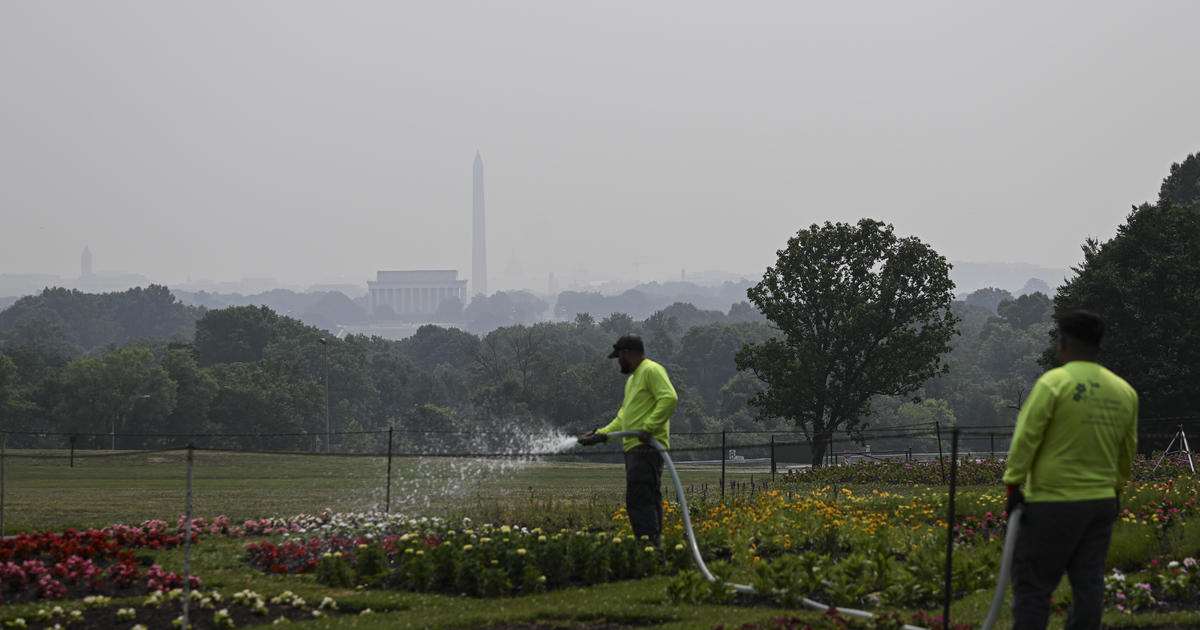As a result of the smoke from burning Canadian forests, major cities in the U.S. Northeast experienced disruptions this week. Public schools canceled outdoor activities, companies sent workers home, performances were postponed, libraries shut their doors, and professional baseball games were canceled. These disruptions are a clear illustration of the economic toll of climate change, which experts say intensifies wildfires and contributes to air pollution. According to Paul Billings, national vice president for public policy at the American Lung Association, gray skies and orange-hued suns were seen in many areas. The smoke from these fires causes elevated levels of soot in the air, which is particularly dangerous for people with heart disease, asthma or chronic obstructive pulmonary disease (COPD), but it carries risks for all.
Furthermore, diesel trucks and coal-fired power plants historically contributed the majority of air pollution, but wildfires are now a growing factor in air pollution. The increased frequency of wildfires in a hotter, drier climate has reversed some of the improvements in air quality since the 1970 Clean Air Act, according to the April report by the American Lung Association.
The earth’s warming climate is contributing to this problem, with temperatures in Canada unseasonably high this year. Lytton, British Columbia, which is traditionally a temperate town, recently hit 121 degrees, the same temperature experienced by California’s Death Valley. The increased heat and dryness make it more probable that forests will catch fire and burn longer.
Air pollution is a significant public health concern worldwide and contributes to increased hospitalizations, missed work and school days, and lower worker productivity. According to the Natural Resources Defense Council, air pollution contributes approximately $2,500 annually to medical bills for the average American citizen. Furthermore, it costs the U.S. economy about $800 billion a year or about 3% of the nation’s total economic output, the NRDC reported.
Researchers at Stanford who mapped wildfire plumes across the U.S. have found that exposure to a single day of smoke lowers an individual’s quarterly earnings by 0.1%. Furthermore, the paper discovered that workers across the U.S. lose $125 billion annually as a result of wildfire smoke.
Reducing the toll of air pollution long-term means widespread electrification, according to Billings. In response to these issues, businesses and governments can take some steps, such as improving indoor filtration, not forcing workers to go outside, and issuing public service alerts about air quality. Billings said that too often, people treat these events as anomalous weather occurrences. He stated that these hot, dry conditions, which create the opportunities for wildfires, are caused by climate change.
Denial of responsibility! VigourTimes is an automatic aggregator of Global media. In each content, the hyperlink to the primary source is specified. All trademarks belong to their rightful owners, and all materials to their authors. For any complaint, please reach us at – [email protected]. We will take necessary action within 24 hours.


